
Tales of women breadwinners during the covid-19 pandemic
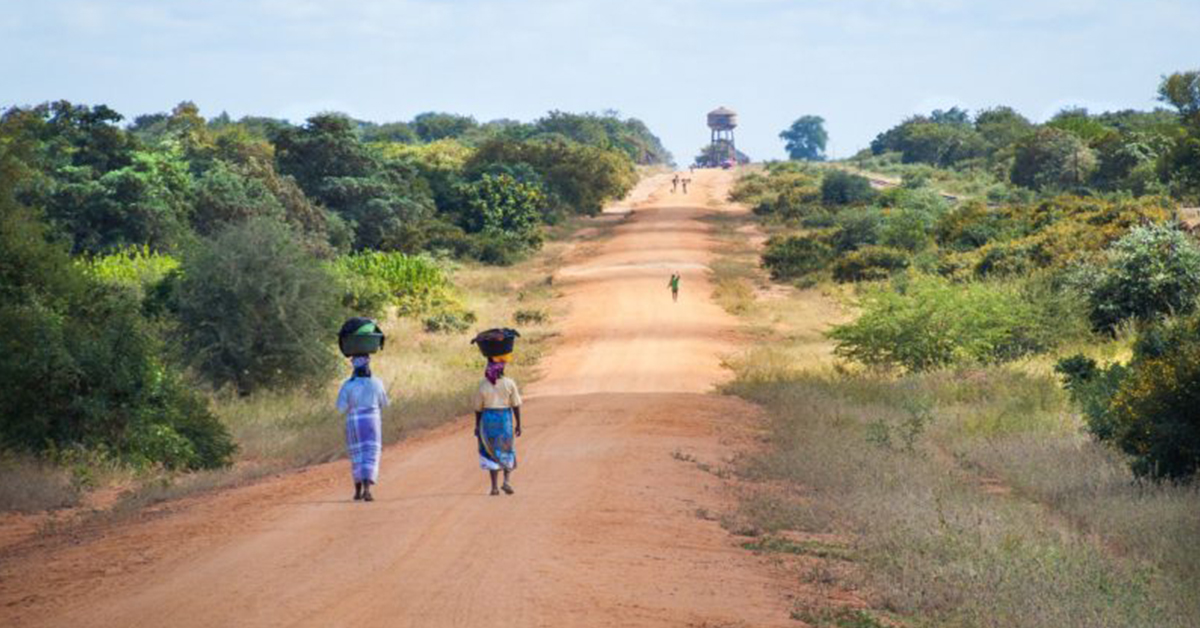
Pandemics, like other kinds of emergencies, worsen existing gender inequalities.
Restrictions in decision-making at the household level, and limited mobility and access to information and services including critical reproductive health care services, have worsened the crisis for women.
Women and girls generally earn less, live closer to the poverty line, and work more often in the informal and insecure economy. The Covid-19 outbreak has exponentially increased gender-based violence in South Sudan. Fear, tension, and stress of the pandemic overall place women and girls at heightened risk as they are confined with violent partners.
A CARE International report suggests that South Sudan is among the top countries where it is more dangerous or disempowering to grow up as a female. A report from UNICEF in 2016 stated that 65 percent of women and girls in South Sudan have experienced physical and/or sexual violence in their lifetime, and 51 percent suffered intimate partner violence (IPV). Access to justice and medical services on GBV related cases is also low with 43 percent of GBV survivors always choosing to keep quiet out of fear.
Such is the case for Joan (not her real name), a 35-year-old woman who dreams of going back to school to become a nurse in the future.
But she is married to an army officer at a young age as she goes through the pain of living with a violent husband.
“The man beats me all the time, he carries knives and other weapons that threaten me,” Joan said.
“I don’t have anyone watching my back, only God will if he decides to kill me. I am praying that one day I may be able to return to my father’s house so that I don’t die here,” she says with tears rolling down her eyes.
Although Joan’s situation may seem insurmountable, she remains hopeful that by speaking out about GBV, she may be able to get help. She cautions other women to avoid falling prey to the situation she is in.
Efforts are being made by other stakeholders to combat GBV. Community leaders in Juba are taking it upon themselves to encourage citizens to report GBV cases.
Paul, a Social worker at the Gorom refugee camp located in the outskirts of Juba city outlines their action plans whenever cases of GBV are reported: “when issues like these are reported to me, I will investigate the cause then assess whether medical attention is needed then I pursue justice for the survivor. We also give foodstuff to help in the recovery.”
According to the African Charter on People’s Rights, “Every individual shall be entitled to the enjoyment of the rights and freedoms recognized and guaranteed in the present Charter without distinction of any kind such as race, ethnic group, color, sex, language, religion, political or any other opinion, national and social origin, fortune, birth or other status.”
Sadly, these cases are being reported by many individuals alleging to have been abused by their spouses.
Meanwhile, some women have refused to give up on their husbands and try their best to find a ground for a united family.
Hannah Emmanuel, a woman in her 30’s also had to put up with a “controlling and abusive” husband as she struggled to earn a living.
Hannah who is engaged in farming she sells her produce to help her feed her family during the covid-19 pandemic.
She says her husband’s attitude changed as she became more of a breadwinner for the family.
“My work is to farm, and anyone who has the desire can farm. We plant basic crops like okra and vegetables and sell them. My husband now loves me more and has not beaten me again,” says Hannah.
Like Hannah, another woman Mama Poni as she prefers to be called is fending for her family.
A widow in her early forties and a mother of five, Poni sells tea and coffee to earn a living. She is now venturing into another work–water purification.
She uses sand and cement to purify water, a traditional method she was introduced to by her late husband who died in a motorcycle accident six years ago.
But Mama Poni worries about the lack of customers to buy her product during the pandemic.
“The purifiers I made last year are still here and no one is even asking to buy them. I used to move around telling people in their homes of the availability of the purifiers and once in a while some people could come and buy but since Covid-19 was confirmed in South Sudan, no one has even asked.”
Mama Poni who speaks highly of the innovation encourages other women to discover what they can do to avoid relying on government provisions.
She however appeals to aid organizations and well-wishers to look at her products and promote them.

















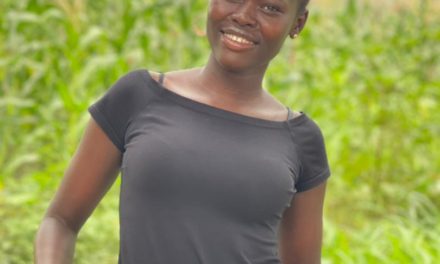
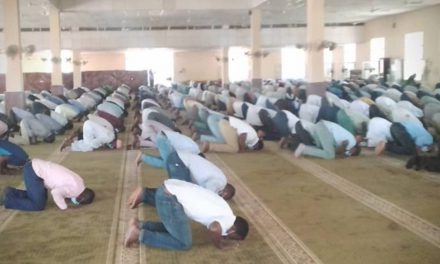
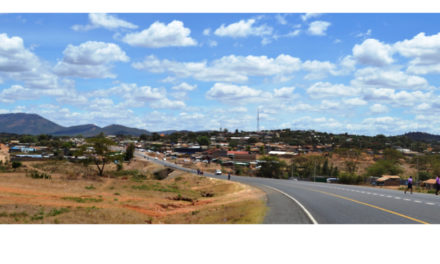
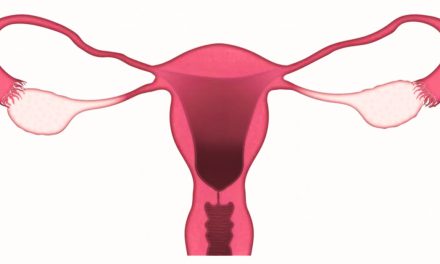
Recent Comments